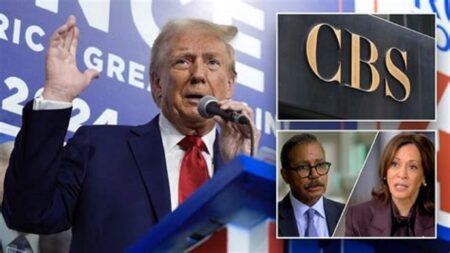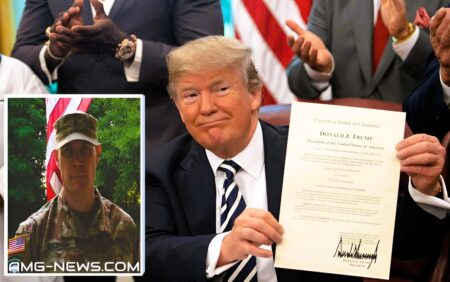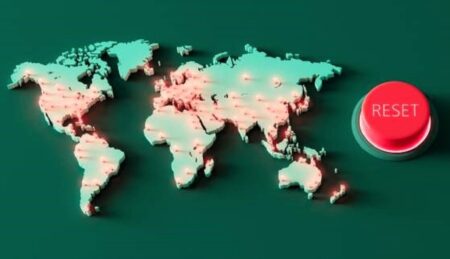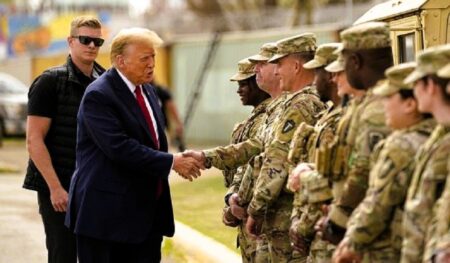Medeea Greere, an independent publisher, is now on Telegram at https://t.me/AMGNEWS2022 and exists only on reader support as we publish Truth, Freedom and Love for public awareness. Thank You for your support!
Residents of central Moscow witnessed, on the night of Wednesday to Thursday, a deployment of forces that the Russian capital does not see every day: armored columns and troops stormed the streets, in an exercise that simulated the rapid reaction to a coup d’état.
The exercise was organized by the Federal Protection Service (the equivalent of the SPP in Romania) and took place right in the center of the city, near the Federation Council. Several streets were blocked, and the troops simulated the evacuation of the political-military elites, as well as the intervention against the alleged coup plotters.
The Russian Federal Protective Service (FSO) in Moscow has launched an “exercise”. They simulate a coup and evacuate members of the government.
Somebody in the Kremlin is afraid…#Russia #Moscow #Ukraine pic.twitter.com/EM6jK3AotX
— Medeea Greere (@GreereMedeea) October 27, 2022
The fear of a coup d’état, an assassination attempt or an assassination attempt has been haunting Putin for a long time. The Kremlin leader is starting to look more and more like Stalin and Hitler in this respect.
Sovietologist Armand Goșu describes Putin as convinced that he has a messianic mission, that of restoring the great Russian empire of 100 years ago, and that he fears that he will not get to complete his work.
Hitler rushed his war plans for exactly the same reason: on April 20, 1939, he turned 50, when he had the revelation that if he delayed the outbreak of hostilities until 1944, when the German economy was expected to be ready for war, he would he might be too old and no longer have the physical time to complete his work of creating a new empire.
Putin, who turned 70 on October 7, 2022, has the same fears. In order to reduce the risk of illness or assassination, starting in 2020, after the onset of the pandemic, the Kremlin leader minimized contacts with other people. In 2022, his meetings with presidents of other states and those close to the top of power in Moscow, which he held at the end of a very long table, caused astonishment.
According to Armand Goșu, the Russian president has ambivalent feelings towards the West: on the one hand, he disregards it, appreciating that it is decadent, and on the other hand, he fears its strength.
Most of all, however, Putin fears his own henchmen and what Russia’s history shows him, one in which assassinations, coups d’état or palace coups have been the most common way to eliminate leaders.








![BREAKING: CANADA IS TERRA NULLIUS! King Charles Admits ‘Unceded Land’ – Commander Trump Holds Legal Ground to Annex the 51st State [VIDEO]](https://amg-news.com/wp-content/uploads/2025/05/King-Charles-Admits-‘Unceded-Land-450x280.png)


